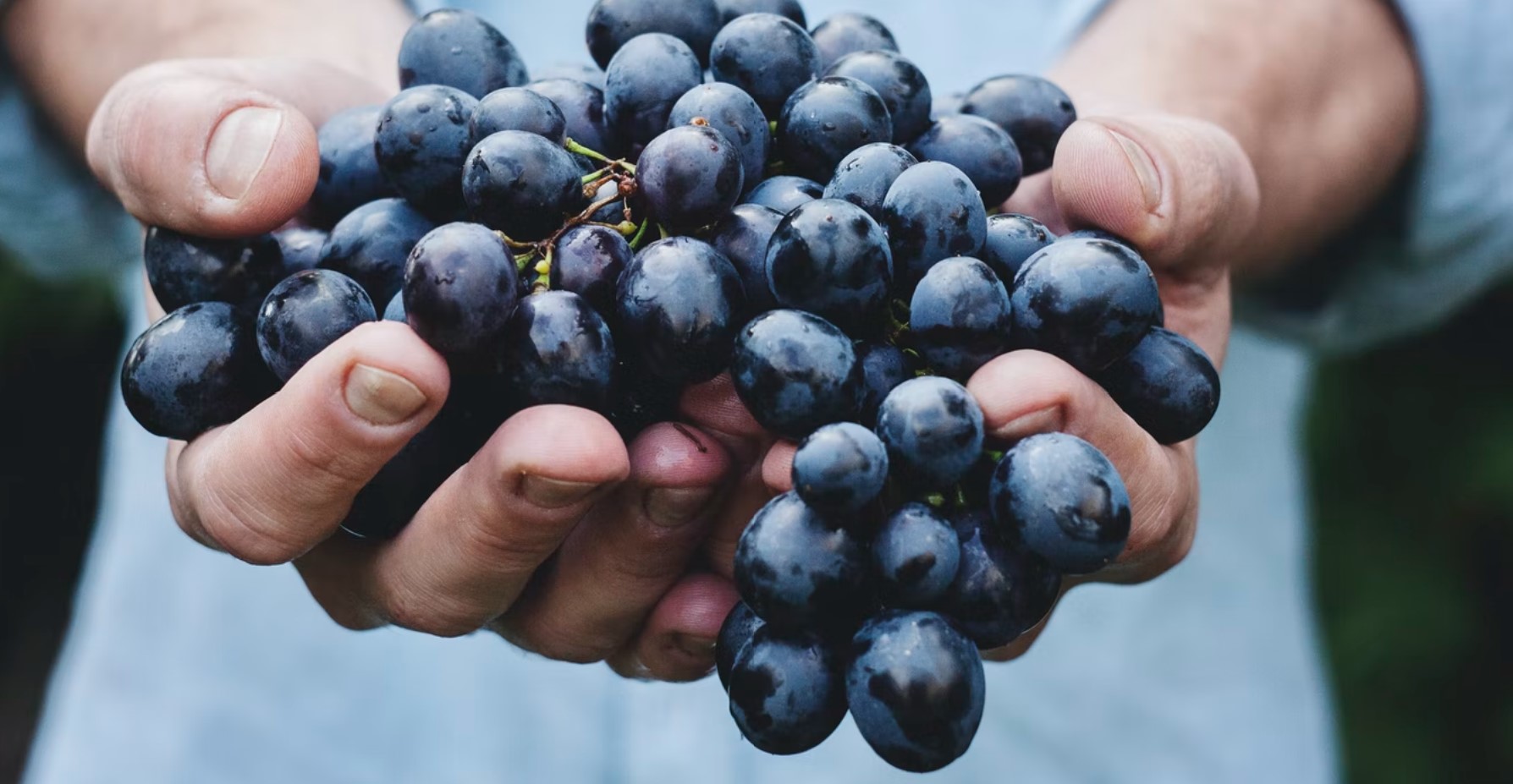JUST HOW MUCH WILL FOOD PRICES RISE BY?

Tuesday 18 January 2022
And who will be affected most? Could 2022 be the year of widespread famine? And will the world food supply system be able to cope? Professor Chris Elliott, of the Institute for Global Food Security, considers how pandemic and climate change will affect the global food supply – and what it means for farmers and shoppers in NI.
There are eight billion people on our planet. This year, it will be harder than ever to feed them all properly. From climate change to the pandemic, the global food supply system is under huge pressure. In 2022, these challenges will affect us all.
My main prediction is that the price of food will increase substantially this year, and people will start to feel that in their pockets. It’s estimated that food prices could increase by 10 to 15 per cent. That’s on top of other inflationary pressures, such as energy price rises. Food is priced globally, and it is the world’s most widely traded commodity.
Ongoing issues around the pandemic play a part in this rise. For example, in the UK we import 40 per cent of our food from areas in the world that have not had our level of vaccination. Many people who live in those countries will get ill. Many of those will work in primary agriculture: we depend on these millions of smallholders across the world.
But we are also starting to see the effects of climate change, with crop failures in many parts of the world. The prices of staples – wheat, rice, soya – are already soaring and will accelerate next year. The price of meat will also soar, as the animals are fed on staples, too. Some of the supermarkets I work with are saying that sourcing is going to be a major issue, which in turn will drive prices up.
The consequences across the globe will be huge. We will probably see famines in places like sub-Saharan Africa, the likes of which we haven’t seen for 30 or 40 years. Chad and Somalia, for example, have always had massive issues feeding their populations. These will only get worse, and the attention of a world that used to help is now elsewhere. There are so many other issues on our screens and we won’t see the devastation of famines highlighted on the TV every night as we used to.
In the UK, we’ve seen an explosion in the number of food banks – where stocks of food and basic provisions are supplied for free - not just for the unemployed but also for those who work but still can’t afford to feed their family. This need will accelerate as prices rise: even more people who would normally be self-sufficient will need food banks. The pressure on food banks next year will be quite extraordinary.
Food price rises can also lead to political upheaval. There have been more revolutions about food than any other issue in history. Food shortages drove the French Revolution and, just 20 years ago, the Egyptian revolution. When people get hungry, they take to the streets and they topple governments.
Can any of this be averted? Governments, NGOs and industry are aware of the issues. But the food supply system is the most complex system that mankind has ever developed. You can’t just tinker round the edges with it.
There’s currently a big push to find more alternative proteins to meat and reduce food waste. While these will play a role, it invariably comes back to the science and tech we will need to enable crops to grow in far more difficult conditions than previously. I believe we’ll see more farmers adopting what’s known as regenerative agriculture. Over the past 50 years, we’ve tried to grow more and more food but neglected the soil. This movement is trying to regenerate soil: healthy soil means healthy crops. This is all work we’re doing right here at Queen’s.
In 2022, people will also become aware of how climate change impacts our food negatively. And hopefully this will help us to continue to find positive ways not just to produce food but to do it sustainably, for the long-term.
To find out more about The Institute for Global Food Security (IGFS), established to address key, international challenges - in the integrity of our food systems, please click here.
For general enquiries about this story, or to submit graduate news items, please contact Natasha Sharma, Alumni Relations Manager, Development and Alumni Relations Office, Queen's University Belfast.
Back to Main News
Top of Page